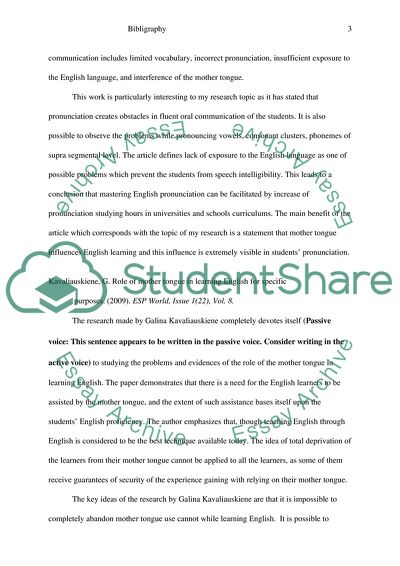Cite this document
(Phonological Aspect of English Teaching and Learning Annotated Bibliography Example | Topics and Well Written Essays - 1750 words, n.d.)
Phonological Aspect of English Teaching and Learning Annotated Bibliography Example | Topics and Well Written Essays - 1750 words. https://studentshare.org/humanitarian/1866370-phonological-aspect-of-english-teaching-and-learning
Phonological Aspect of English Teaching and Learning Annotated Bibliography Example | Topics and Well Written Essays - 1750 words. https://studentshare.org/humanitarian/1866370-phonological-aspect-of-english-teaching-and-learning
(Phonological Aspect of English Teaching and Learning Annotated Bibliography Example | Topics and Well Written Essays - 1750 Words)
Phonological Aspect of English Teaching and Learning Annotated Bibliography Example | Topics and Well Written Essays - 1750 Words. https://studentshare.org/humanitarian/1866370-phonological-aspect-of-english-teaching-and-learning.
Phonological Aspect of English Teaching and Learning Annotated Bibliography Example | Topics and Well Written Essays - 1750 Words. https://studentshare.org/humanitarian/1866370-phonological-aspect-of-english-teaching-and-learning.
“Phonological Aspect of English Teaching and Learning Annotated Bibliography Example | Topics and Well Written Essays - 1750 Words”. https://studentshare.org/humanitarian/1866370-phonological-aspect-of-english-teaching-and-learning.


